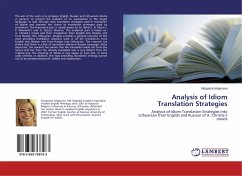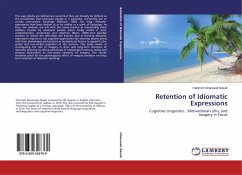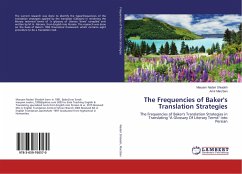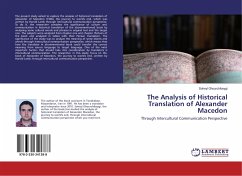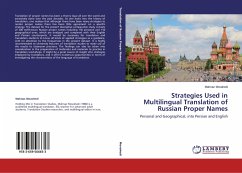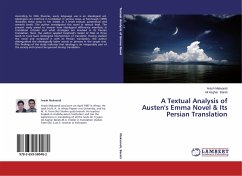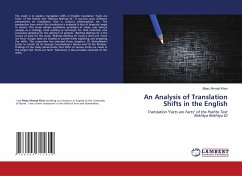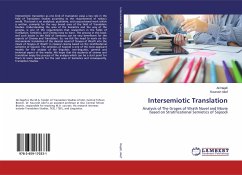The aim of the work is to compare English, Russian and Lithuanian idioms in general, to present the problem of no equivalence in the target language, to look through main translation strategies used in translation of idioms and examine the choice of translation strategies used by translators. The theoretical part is mostly based on M. Baker's, R. Moon's, P. Newmark's and G. Toury's theories. The analytical part is based on A. Christie's novels and their translations from English into Russian and from Russian into Lithuanian. Analysis provides a general overview of the most prevailing translation solutions used in all the translations from English into Russian and from Russian into Lithuanian. The research has shown that there is a lack of equivalent idioms in Russian language. More important, the research has shown that the translation made not from the source text but from the already translated text is very distant from the original one, the meaning of idioms is very vague or even lost, in some cases omitted. In addition, the most prevailing translation strategy turned out to be paraphrasing both: stylistic and explanatory.
Bitte wählen Sie Ihr Anliegen aus.
Rechnungen
Retourenschein anfordern
Bestellstatus
Storno

